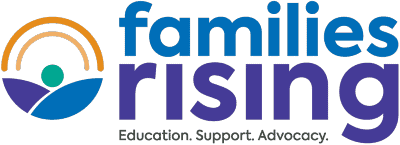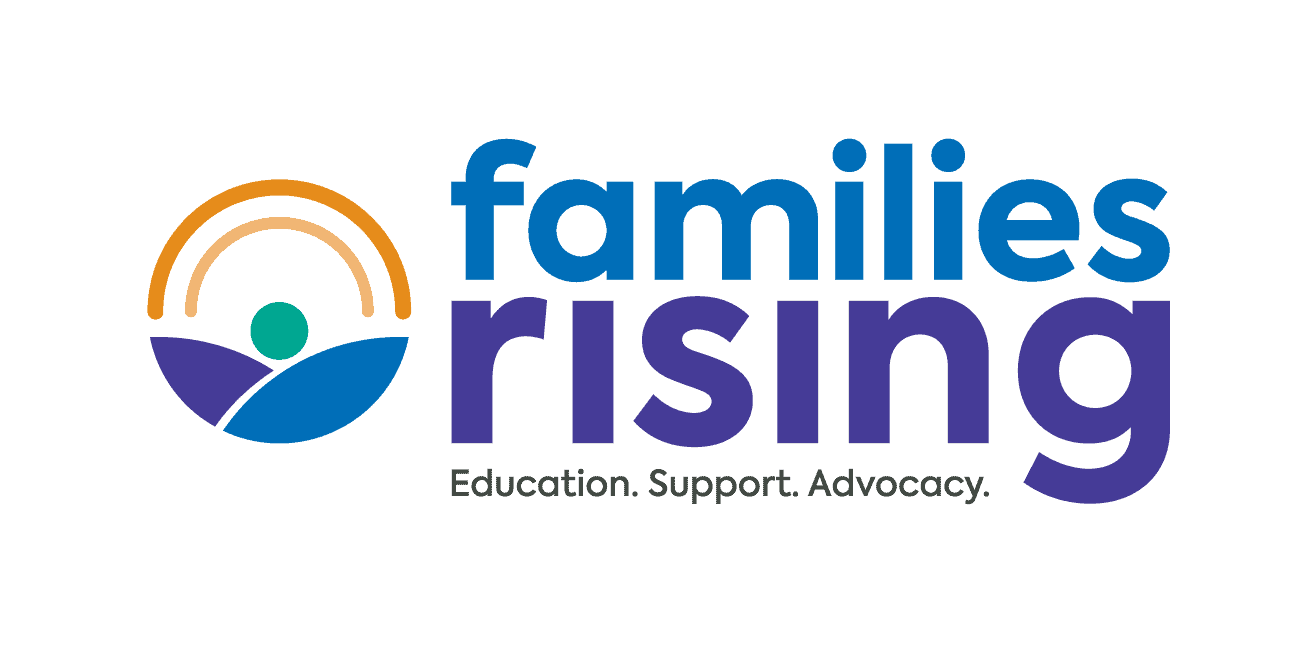State Contact
Patricia Johnson
Child and Family Services Agency
Adoption Resources Program
400 6th St. SW, 3rd floor
Washington, DC 20024
202-727-5424
Washington, D.C.’s specific medical assistance links:
https://dhs.dc.gov/service/medical-assistance
District of Columbia Code 4-301:
https://code.dccouncil.gov/us/dc/council/code/titles/4/chapters/3
Washington, D.C.’s Adoption Subsidy Policy:
http://cfsa.dc.gov/sites/default/files/dc/sites/cfsa/publication/
attachments/Program%20-%20Adoption%20Subsidy%20%28final%29%20rev%205-3-2011%28H%29_4.pdf
Who is Eligible for Adoption Assistance or Subsidy?
In determining eligibility for adoption assistance, a child with special needs is defined as a child that has at least one of the following needs or circumstances that may be a barrier to placement or adoption without financial assistance:
- The child has a chronic medically diagnosed disability that substantially limits one or more major life activities, or requires professional treatment, or assistance in self-care.
- The child has been determined to be mentally disabled by a qualified medical professional.
- The child meets all medical or disability requirements of supplemental security income benefits.
- The child is a member of a sibling group, in which the siblings will be adopted together at the same time.
- The child is of an age or has an ethnic or racial background that presents a barrier to adoption.
- The child has been legally free for adoption for six months or more and an adoptive placement has not been found.
| Age 11 and Under | Age 12 and Over | |
|---|---|---|
| Normal | $33.69 | $37.92 |
| Special | $34.36 | $39.29 |
| Handicapped | $36.53 | $42.01 |
| Multi-handicapped | $42.87 | $49.50 |
The above rates went into effect on January 1, 2015, and are consistent with CFSA foster care rates.
Normal Board Rate: The Normal Board Rate is paid for the basic and routine care required by a child who comes from a neglecting or abusing family.
Special Board Rate: The Special Board Rate is paid for a child who has a regular, re-occurring, or ongoing professionally diagnosed special need that requires extraordinary time or expense on the part of a foster parent.
Handicapped Board Rate: The Handicapped Board Rate is paid for a child who needs foster parent intervention because he cannot accomplish normal age-appropriate life processes, (such as eating, bathing, toileting, dressing, walking, or maintaining emotional and/or social control without adult intervention).
Multiple Handicapped Board Rate: The Multiple Handicapped Board Rate is paid for children who require adult intervention in more than one age-appropriate daily living process. The Multiple Handicapped Rate is reserved for the most severely disabled children.
For children whose adoptions finalized on or after May 7, 2010, adoption assistance is available for the child until 21 years of age. For adoptions finalized before May 7, 2010, if circumstances warrant an extension, adoption assistance can continue for an appropriate period of time, up to the child’s 21st birthday. The adoptive parent must remain legally and financially responsible for the child.
Respite care assistance is available to children qualified for the Handicapped or Multi-handicapped level of adoption assistance payment. Determinations are made on a case-by-case basis. A special services agreement would be included in the adoption assistance agreement.
Residential treatment costs are not covered by the adoption assistance program; however, the District has access to more than 20 residential treatment providers who accept D.C. Medicaid. To access residential treatment for D.C. residents, the family may contact the D.C. adoption subsidy unit, and provide a doctor’s recommendation for residential treatment. The family should first look for a facility that accepts Medicaid or private insurance. The Medicaid Residential Placement Unit must review the child’s case for medical suitability.
On a limited, case-by-case basis, D.C. may pay for unique treatment needs that can only be treated at certain specialized non-Medicaid facilities.
Most families who live outside the District will have their home state’s Medicaid program available to them. Families must follow the Medicaid procedures in their state of residence. The family must also explore local funding through their state of residence, such as from a community services board.
The District has a permanent guardian subsidy program. To read about the eligibility and benefits, see the policy here, https://cfsa.dc.gov/sites/default/files/dc/sites/cfsa/
publication/attachments/
Program%20-%20Permanent%20Guardianship%20Subsidy%20%28FINAL%202015%29_0.pdf


